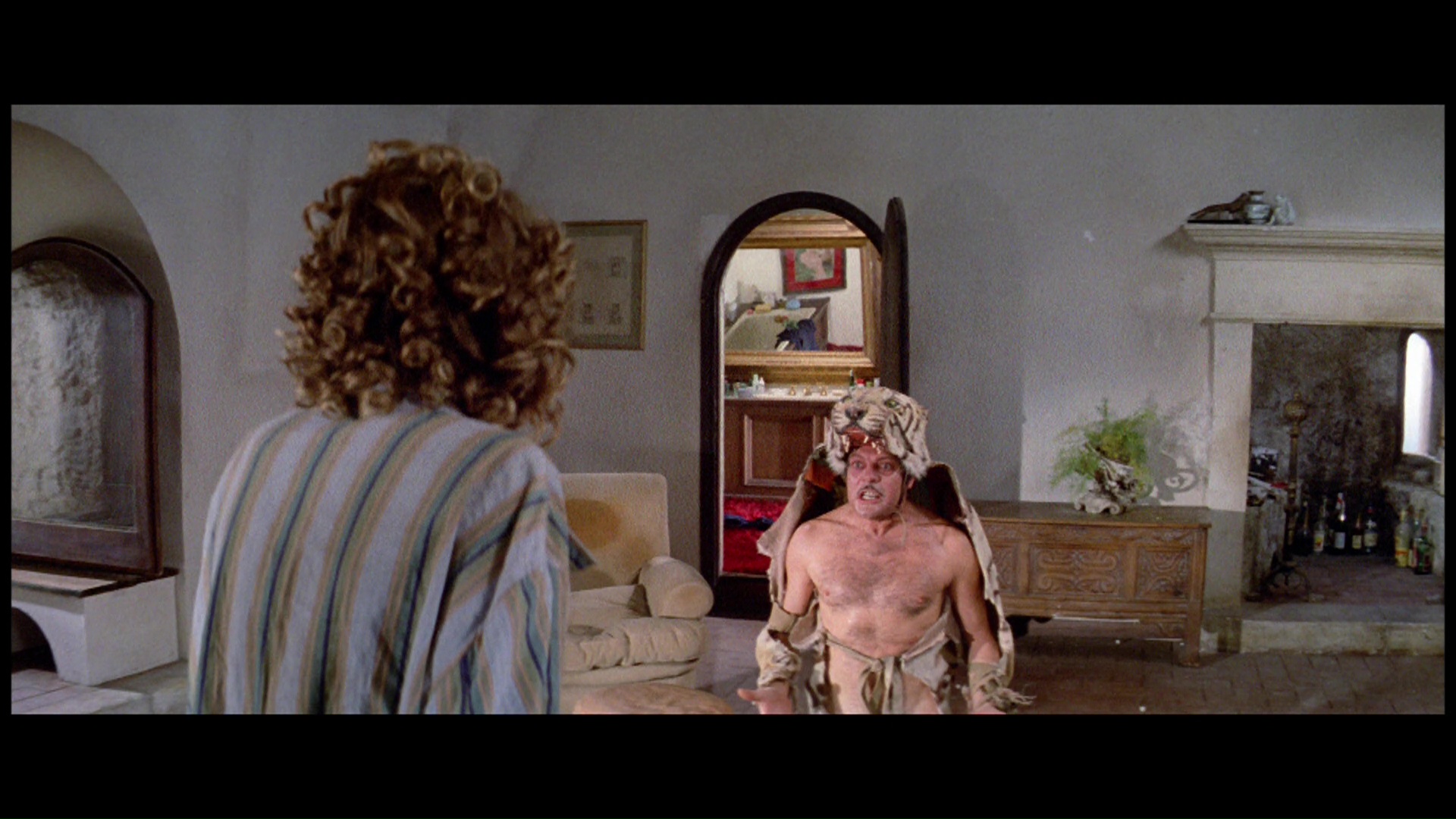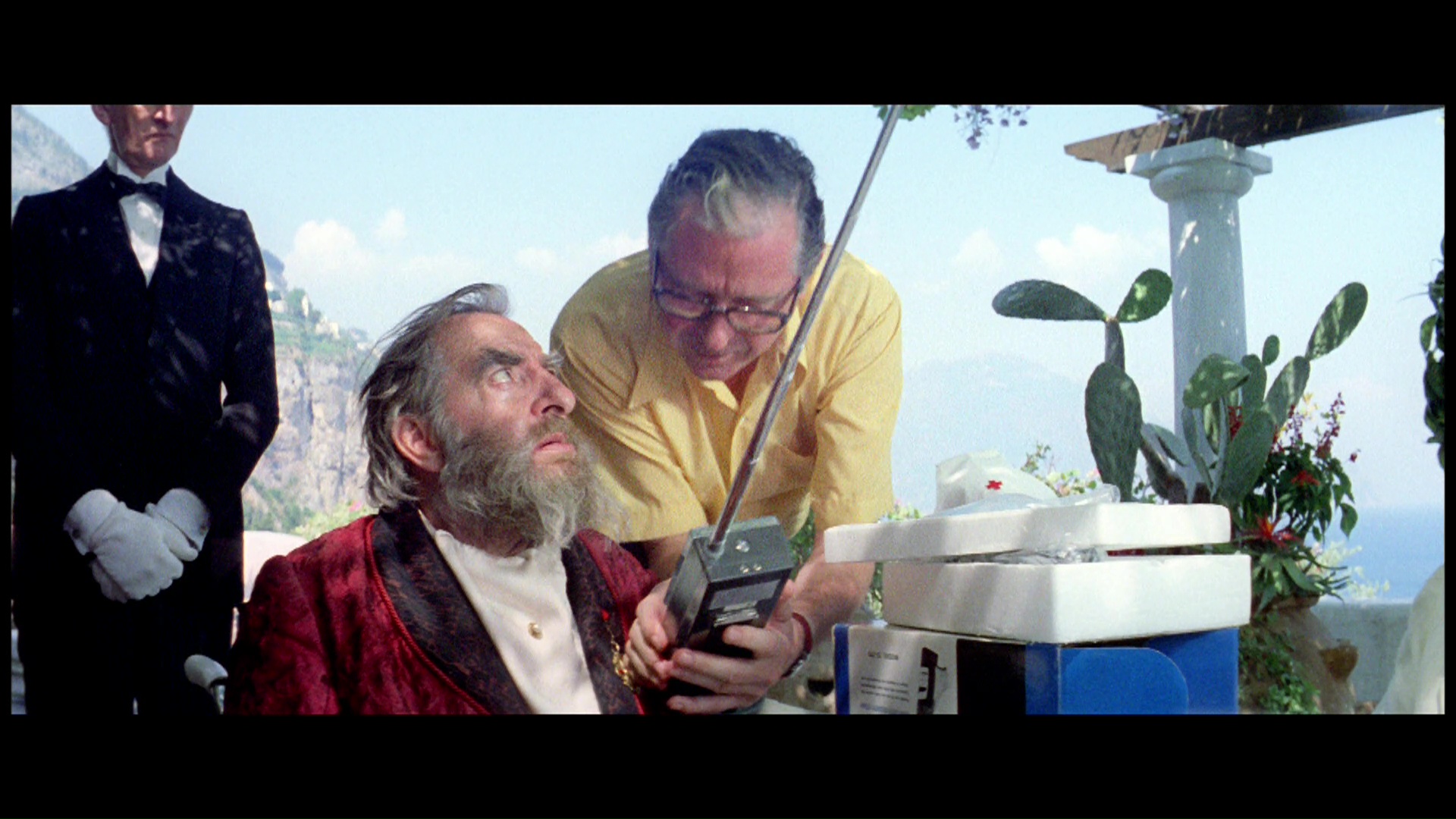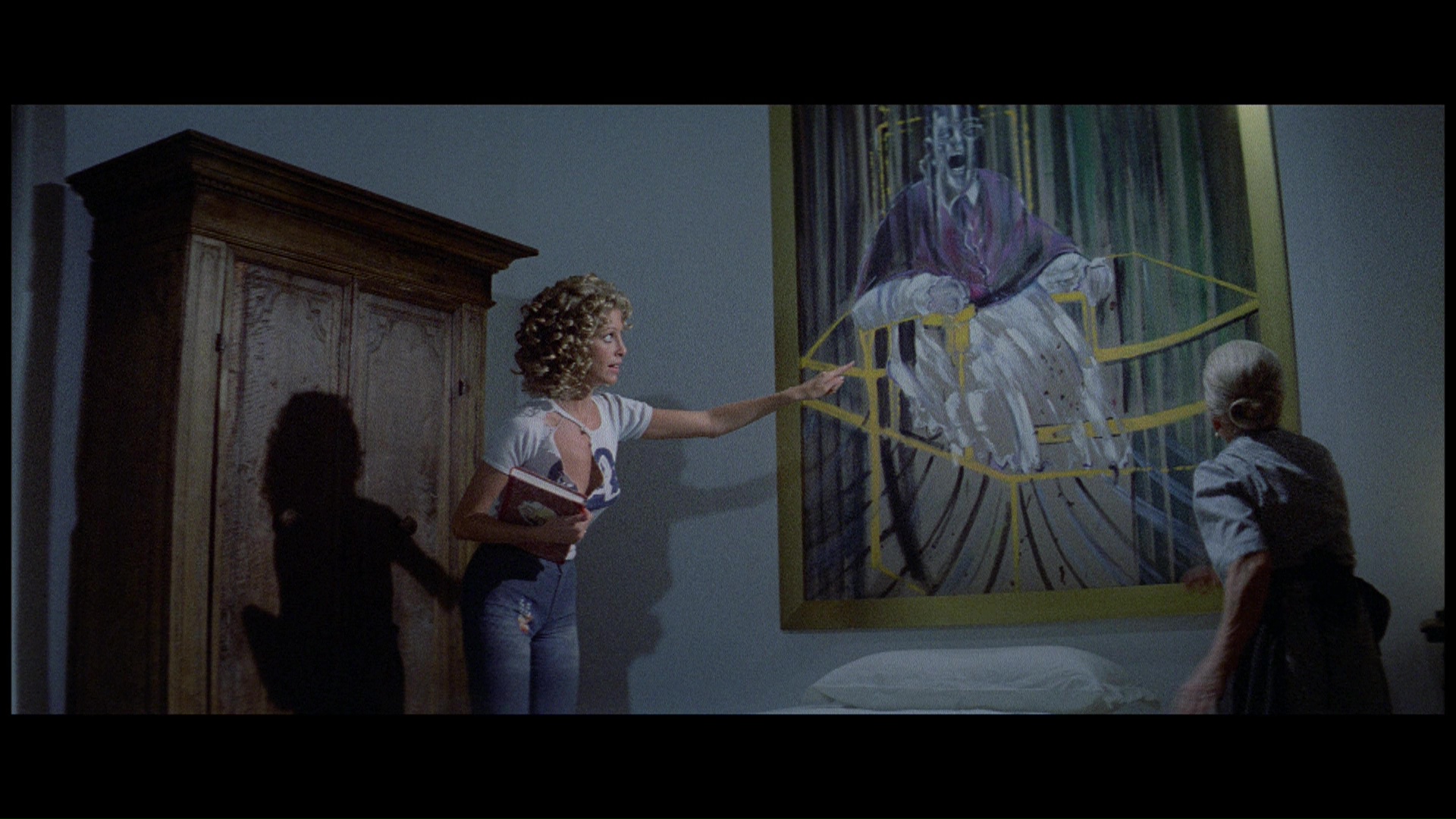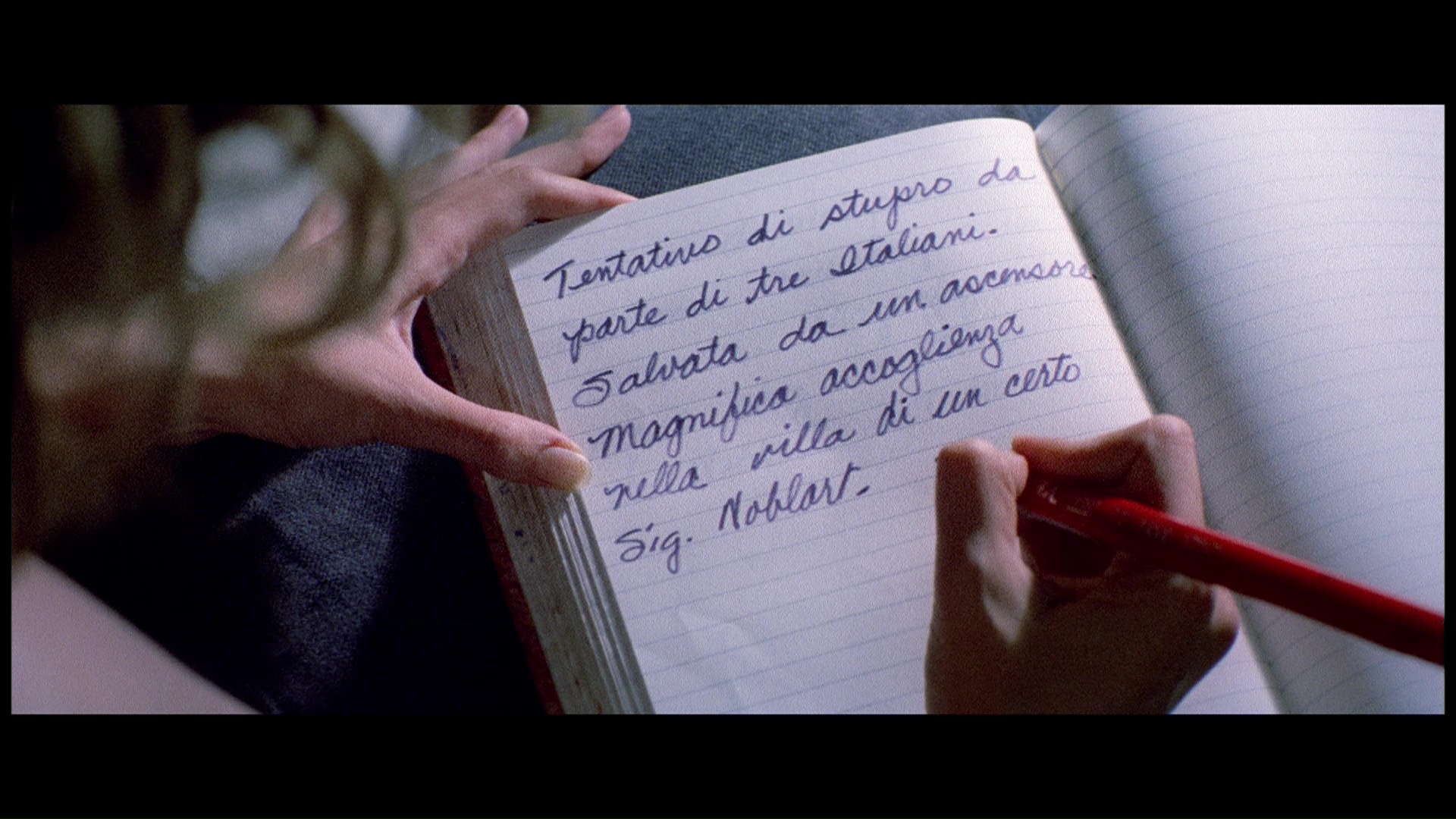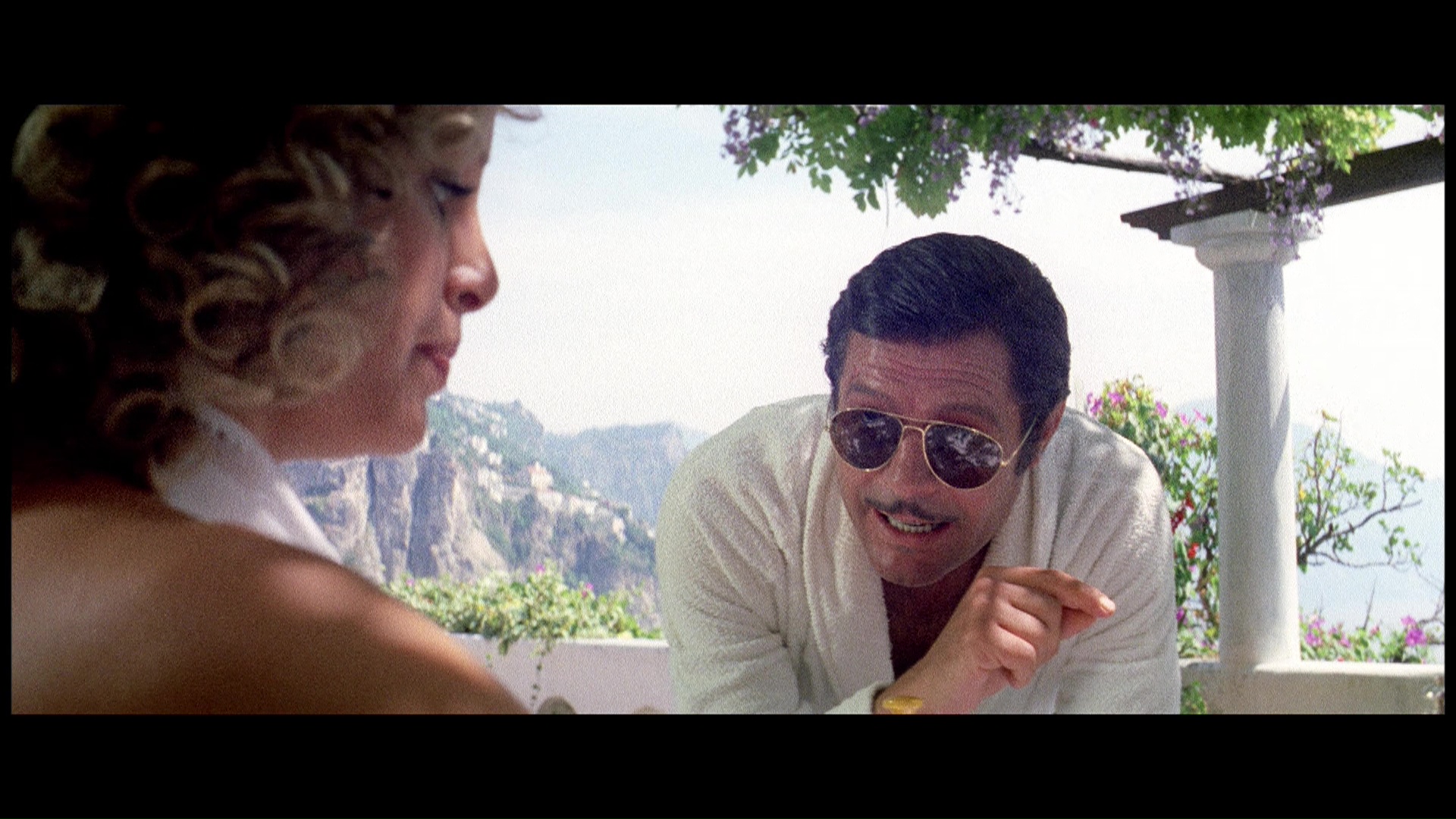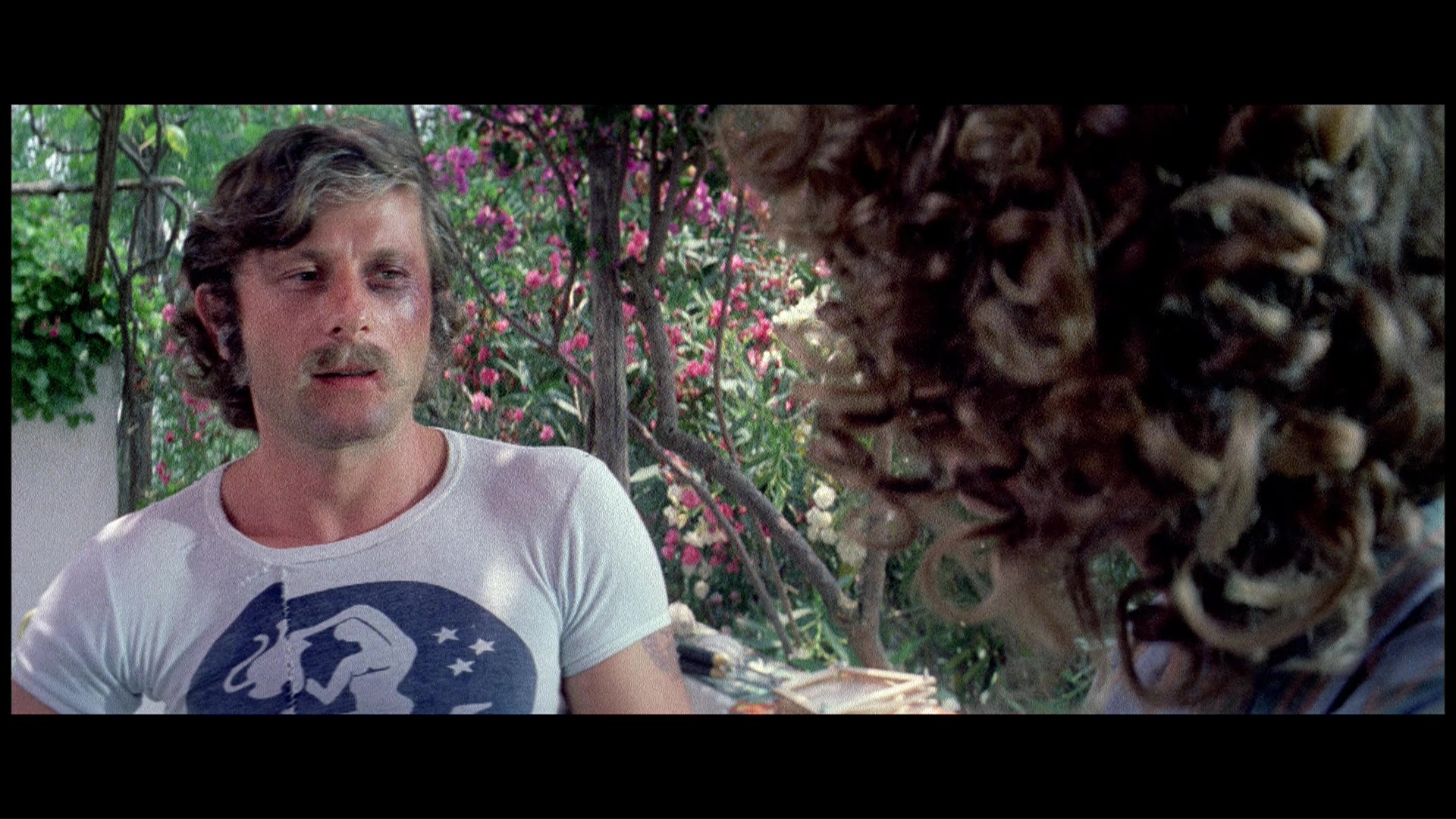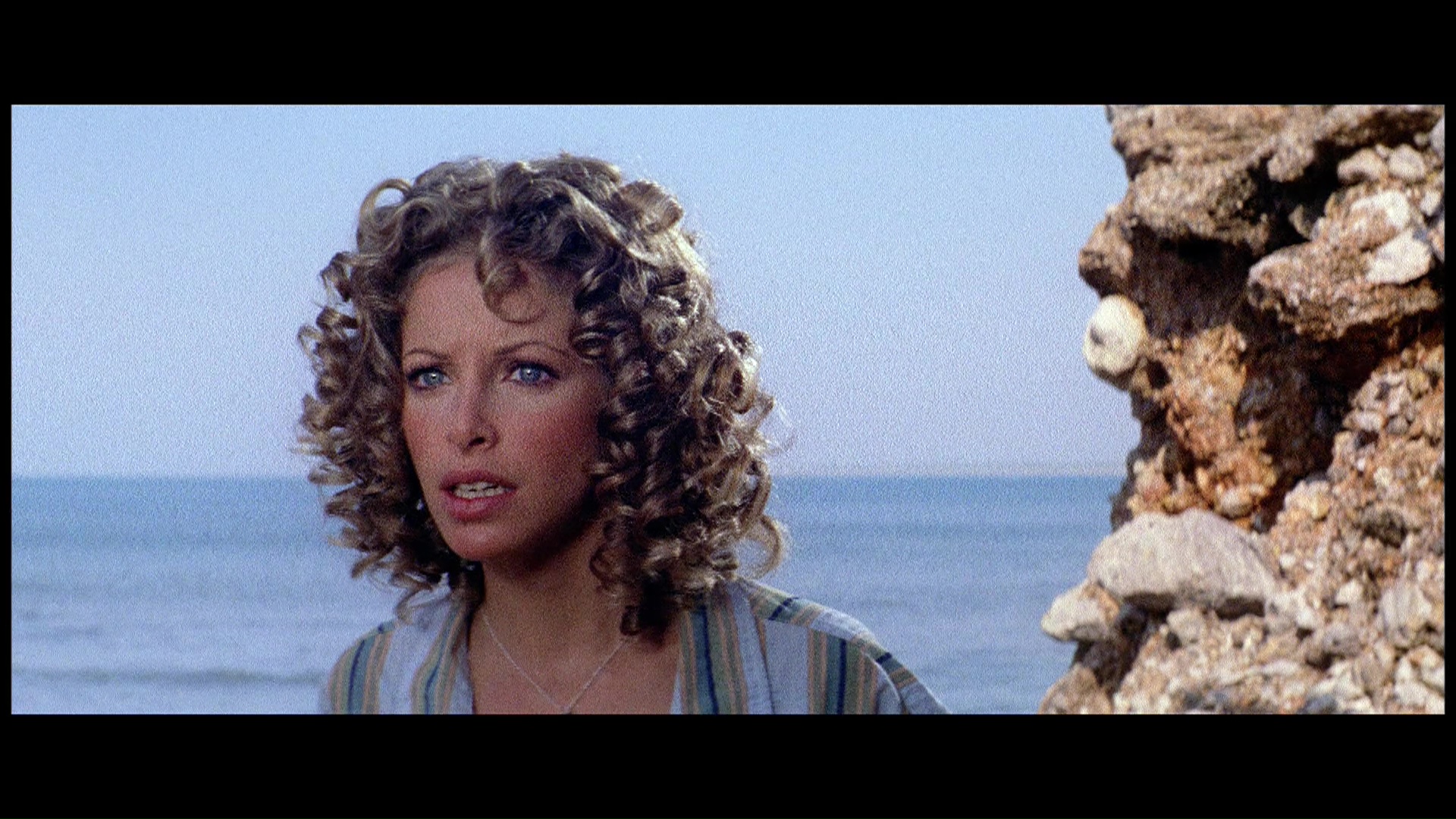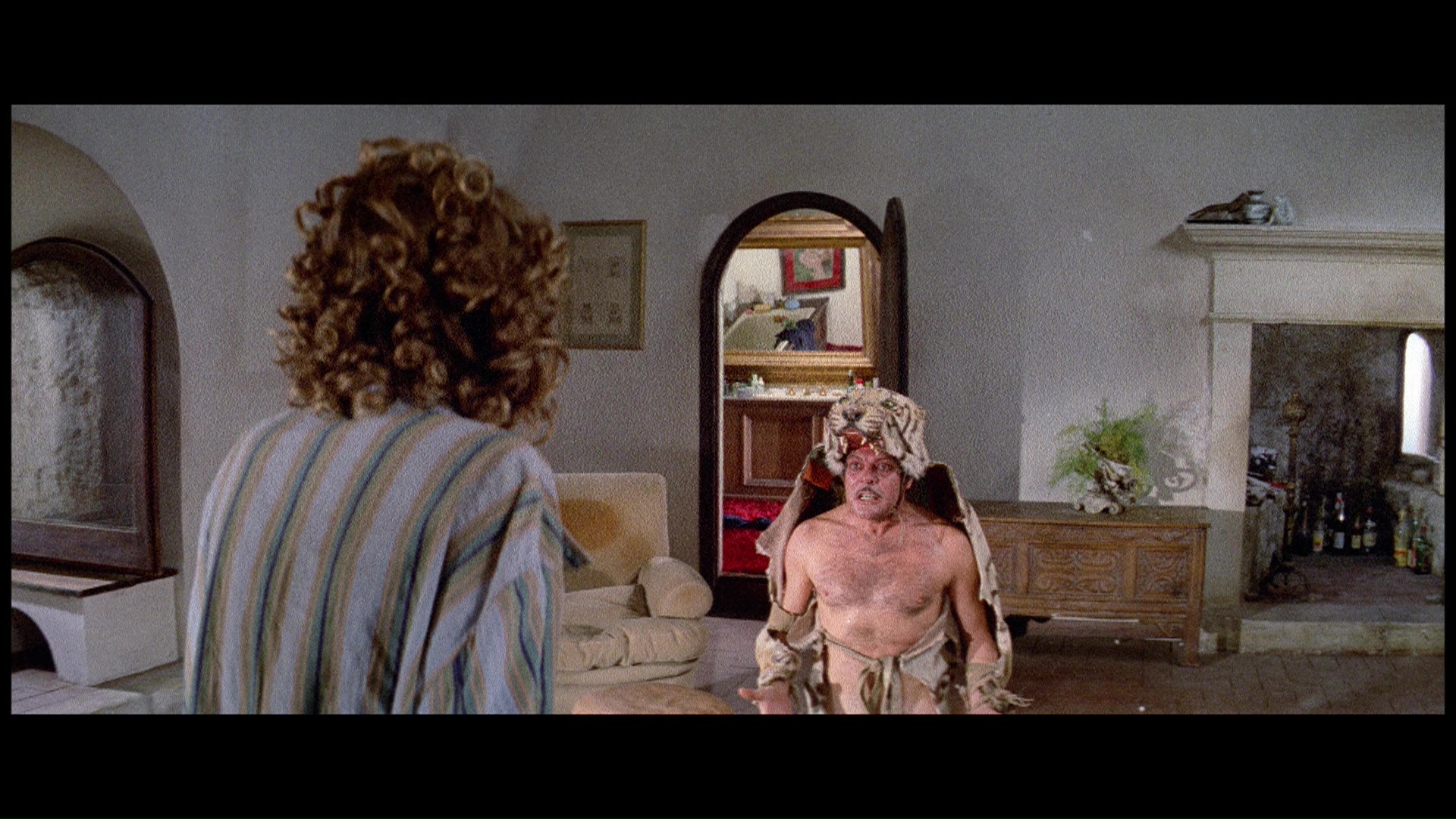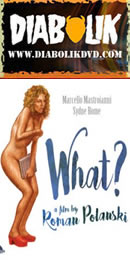

Color, 1972, 113m.
Directed by Roman Polanski
Starring Marcello Mastroianni, Sydne Rome, Hugh Griffith, Romolo Valli, Roman Polanski
Severin Films (Blu-ray & DVD) (US R0 HD/NTSC), (DVD) (UK R0 PAL), Koch Media (Blu-ray & DVD) (Germany RB/R2 HD/PAL), Fox (Italy R2 PAL) / WS (2.35:1) (16:9)
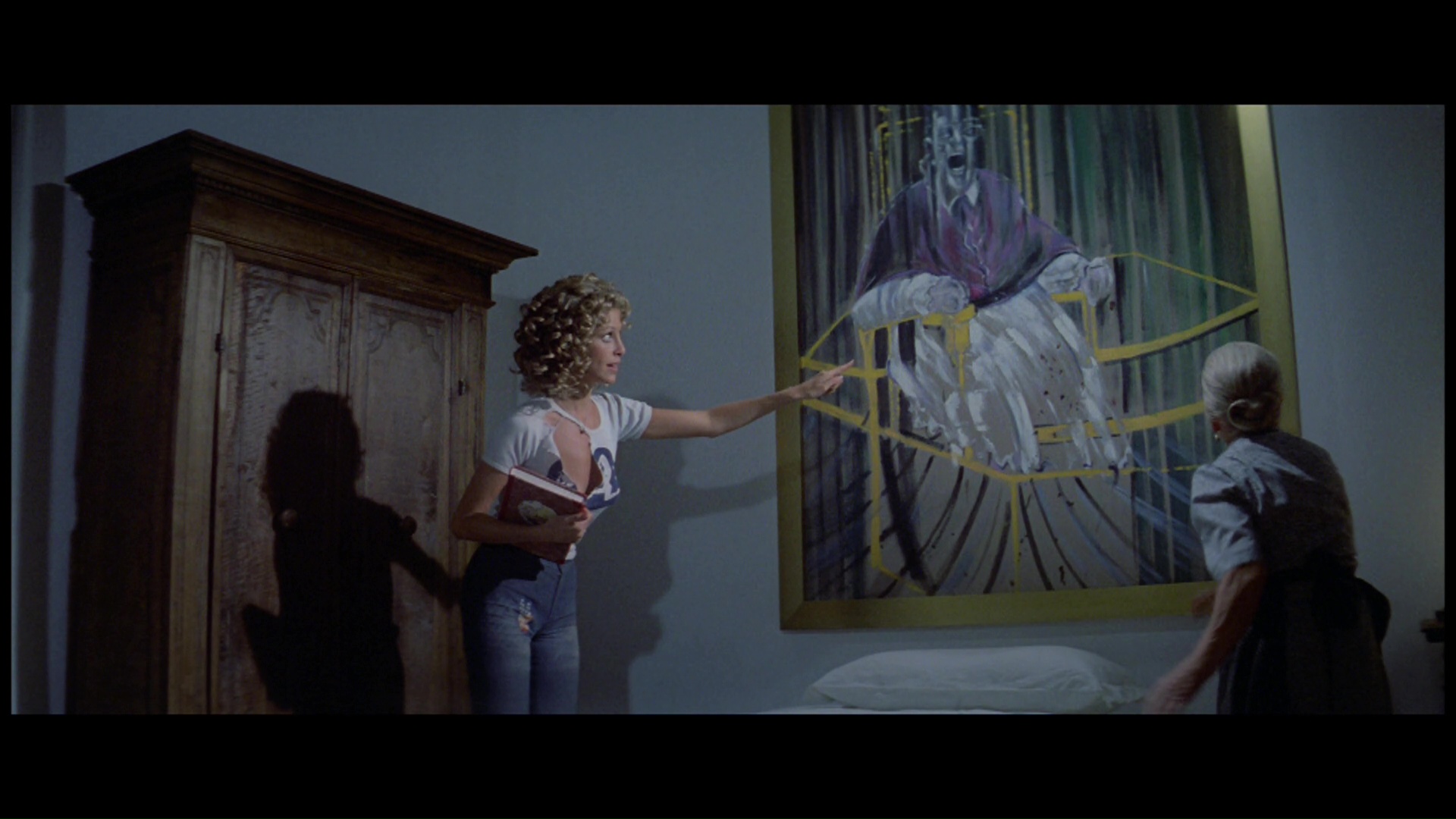
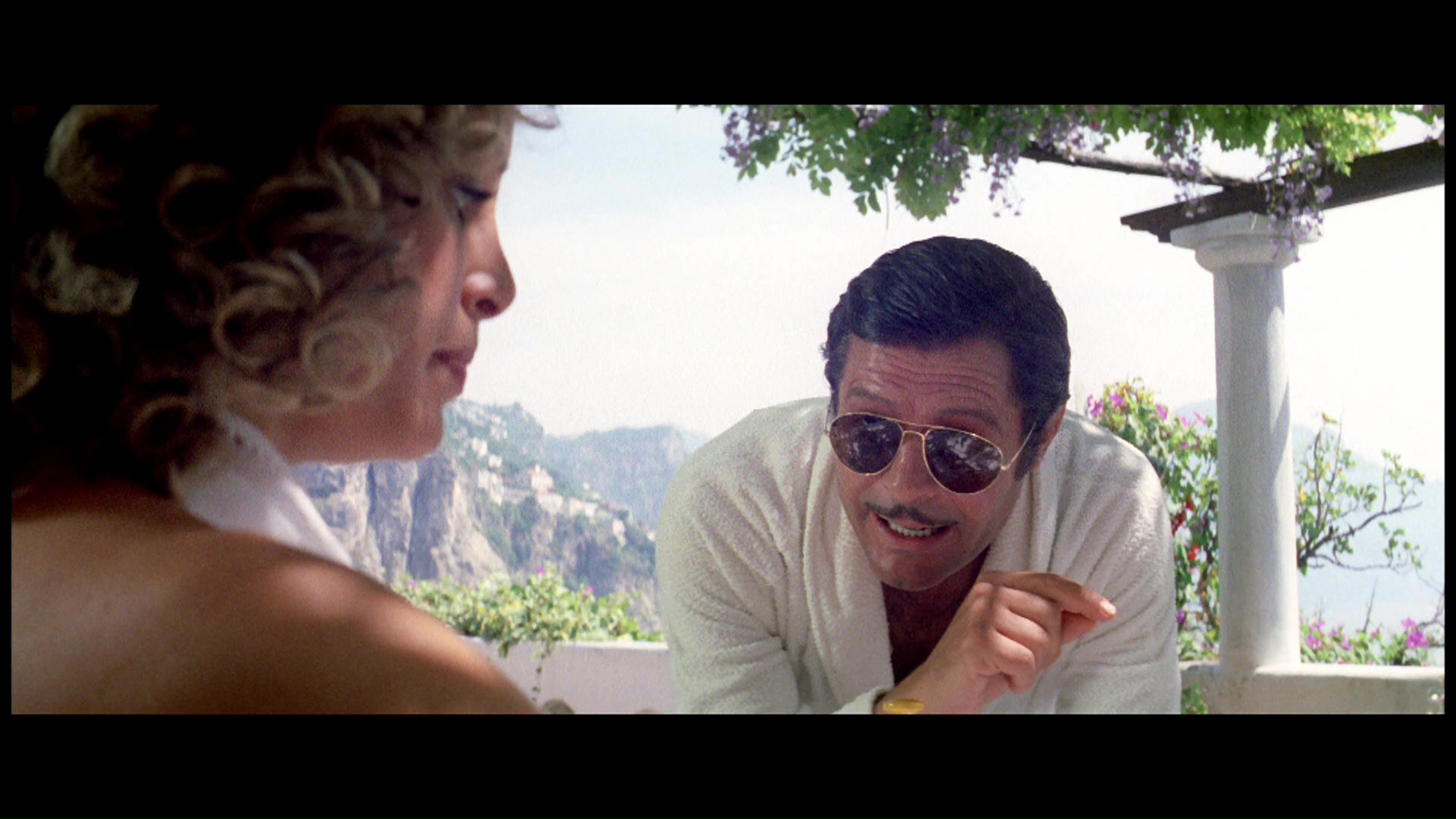 After losing his wife in the Charles Manson tragedy, Roman Polanski turned out a double header of decidedly uncommercial (and antisocial) projects: 1971’s Macbeth and this peculiar black comedy, which plays like a remake of Cul-de-sac outfitted as a spoof of softcore porn.
After losing his wife in the Charles Manson tragedy, Roman Polanski turned out a double header of decidedly uncommercial (and antisocial) projects: 1971’s Macbeth and this peculiar black comedy, which plays like a remake of Cul-de-sac outfitted as a spoof of softcore porn. 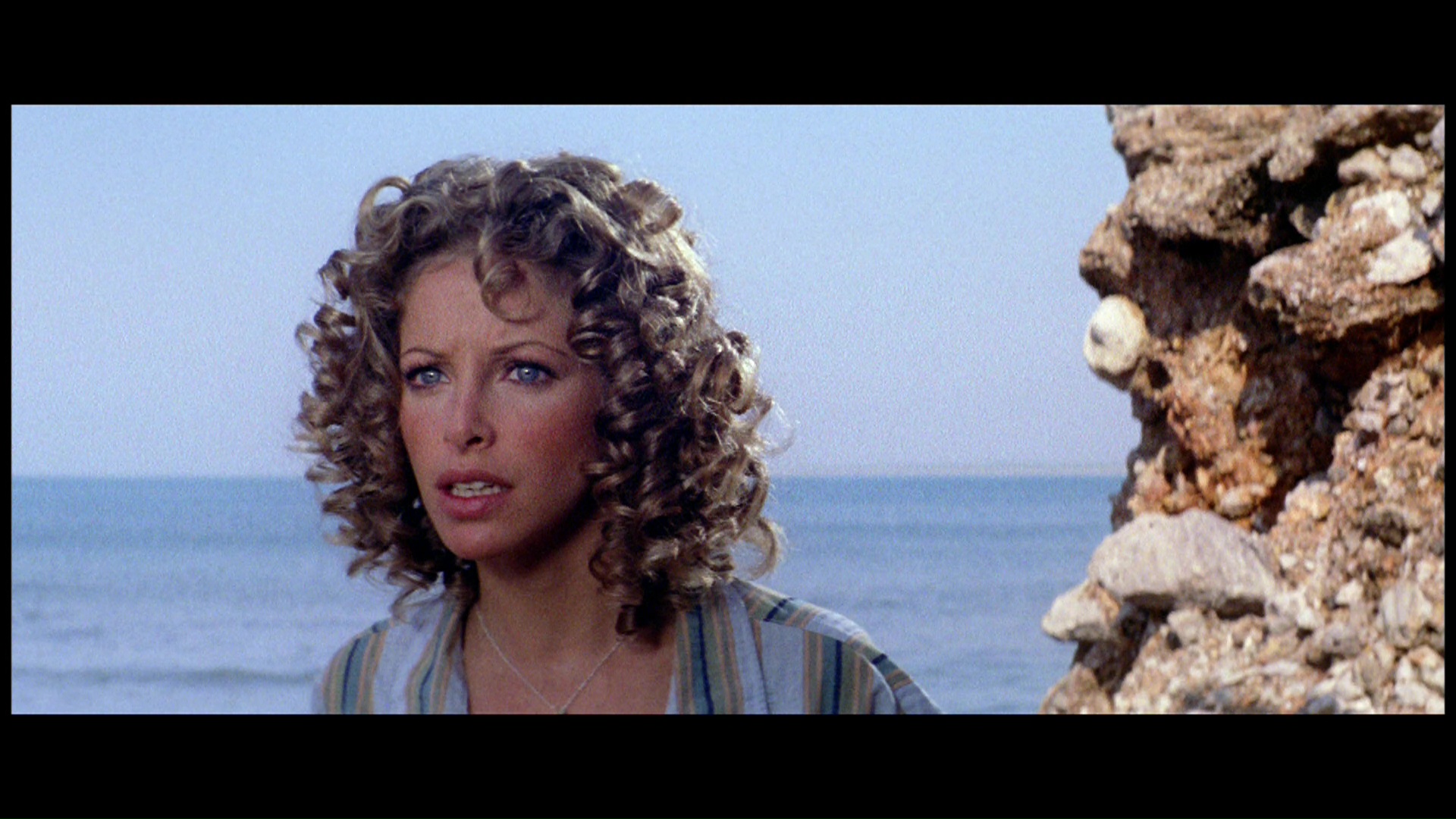
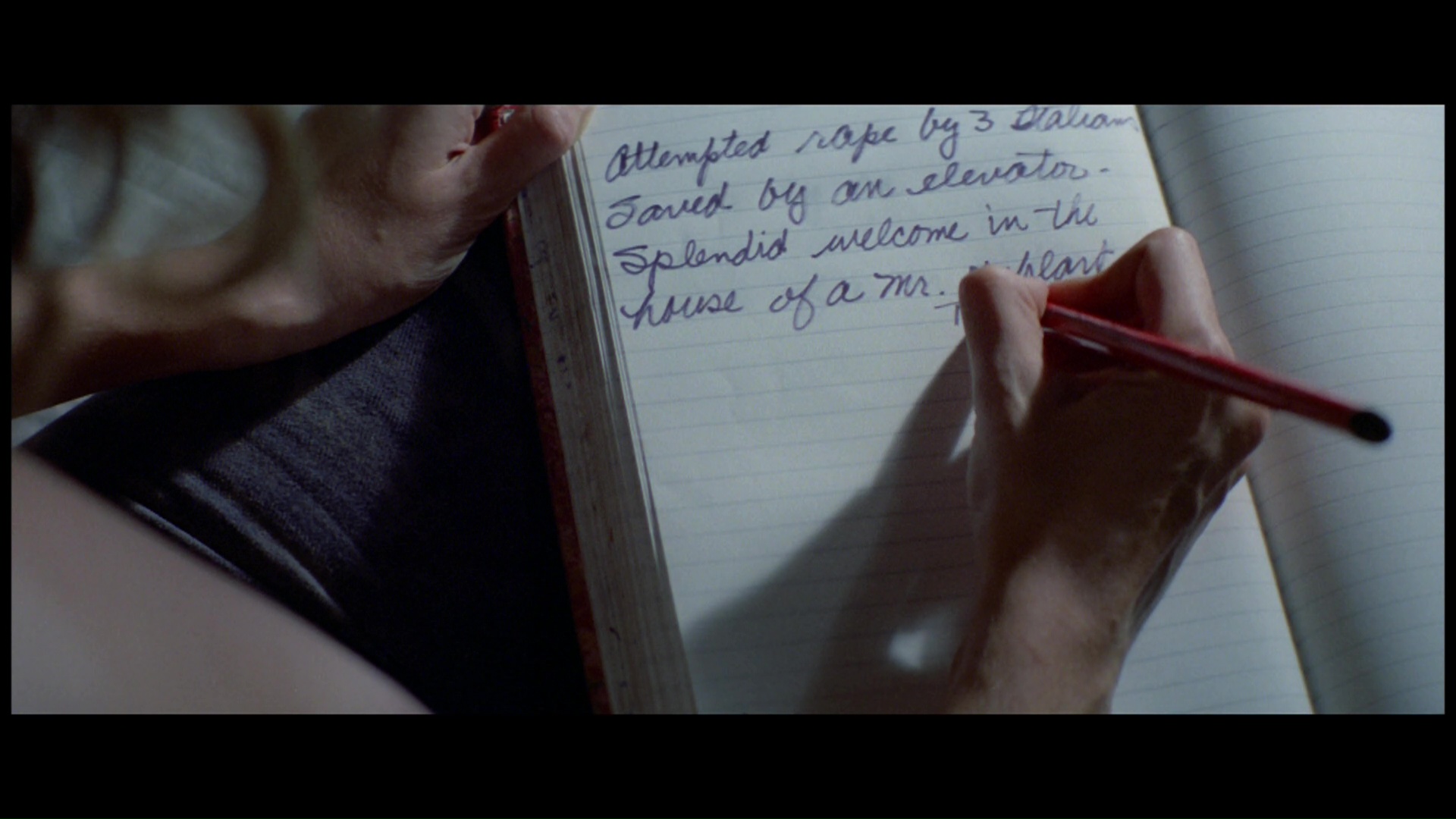 success of Chinatown, distributor Avco Embassy removed 20 minutes and reshuffled many scenes, marketing the jumpy new product as a sex film called Diary of Forbidden Dreams. This edition remained most widely available on home video with the scope photography butchered to full frame as badly as the narrative itself. The original was eventually released on DVD first in the form of the Italian DVD, anamorphically enhanced and uncut. The transfer looks nice apart from the deliberately murky nocturnal opener and was derived from the Italian negative; audio options include a gimmicky 5.1 remix and original mono presentation of the Italian soundtrack, or the original English language version with obligatory (but tiny) Italian subtitles. Extras include a snappily-edited Italian trailer and a new Italian-language interview with Rome, whose plastic cheeks look rather unearthly, to put it charitably.
success of Chinatown, distributor Avco Embassy removed 20 minutes and reshuffled many scenes, marketing the jumpy new product as a sex film called Diary of Forbidden Dreams. This edition remained most widely available on home video with the scope photography butchered to full frame as badly as the narrative itself. The original was eventually released on DVD first in the form of the Italian DVD, anamorphically enhanced and uncut. The transfer looks nice apart from the deliberately murky nocturnal opener and was derived from the Italian negative; audio options include a gimmicky 5.1 remix and original mono presentation of the Italian soundtrack, or the original English language version with obligatory (but tiny) Italian subtitles. Extras include a snappily-edited Italian trailer and a new Italian-language interview with Rome, whose plastic cheeks look rather unearthly, to put it charitably. 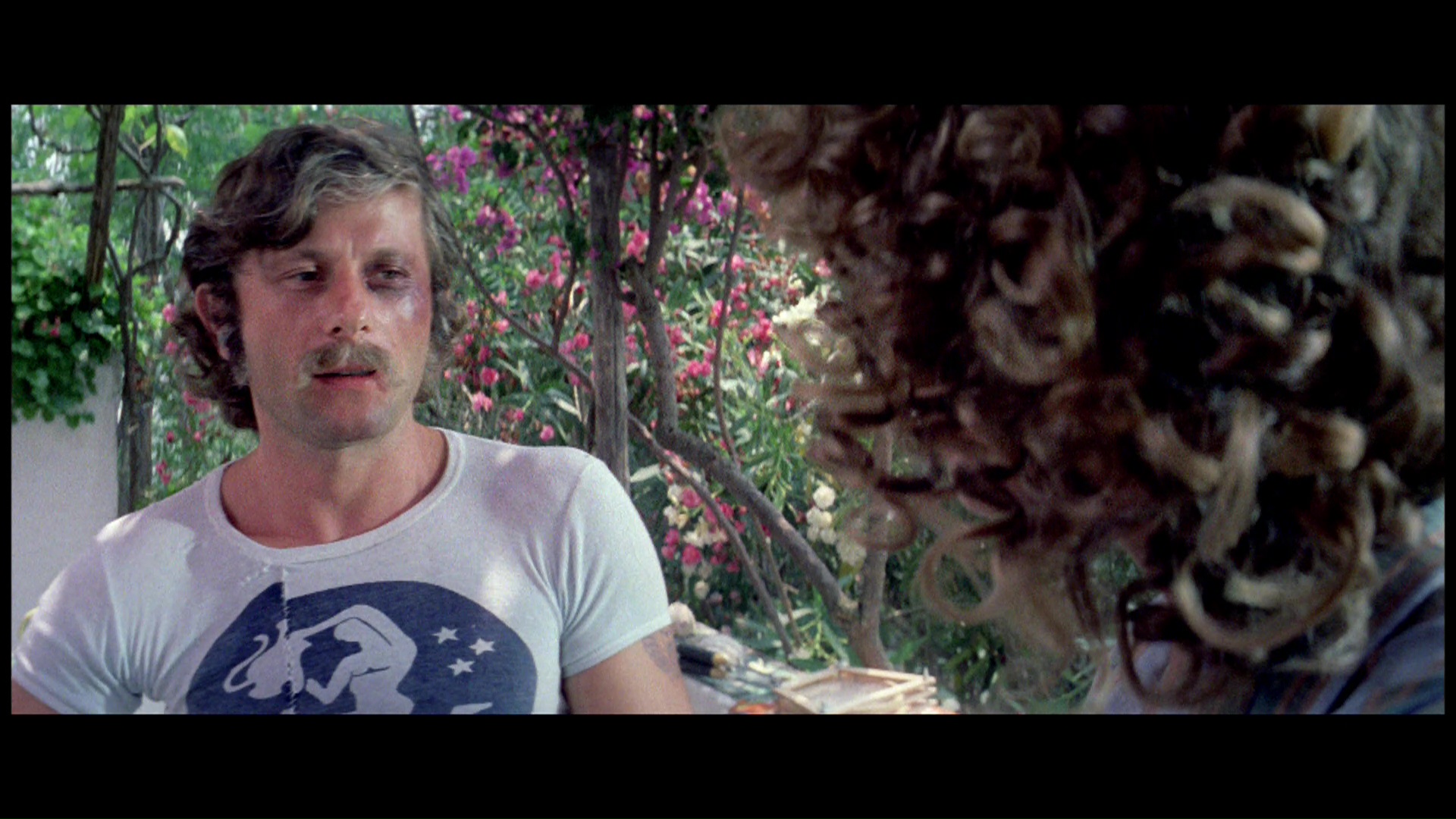 no actual sex scenes, and the gorgeous villa location). Next up, the enigmatic Claudio Gizzi finally appears on camera for "Memories of a Young Pianist," a 21-minute interview in which he covers everything from his early collaborations with Visconti (including Death in Venice) to a thorough dissection of his majestic work for the two Paul Morrissey films, even playing the main theme from Blood for Dracula on his piano over the closing credits. Finally, cinematographer Marcello Gatti (who also shot The Battle of Algiers) appears for the 16-minute "A Surreal Pop Movie," who focuses mainly on the Polanski shoot and his relationships with the crew while fleetingly touching on some of his other major Italian productions.
no actual sex scenes, and the gorgeous villa location). Next up, the enigmatic Claudio Gizzi finally appears on camera for "Memories of a Young Pianist," a 21-minute interview in which he covers everything from his early collaborations with Visconti (including Death in Venice) to a thorough dissection of his majestic work for the two Paul Morrissey films, even playing the main theme from Blood for Dracula on his piano over the closing credits. Finally, cinematographer Marcello Gatti (who also shot The Battle of Algiers) appears for the 16-minute "A Surreal Pop Movie," who focuses mainly on the Polanski shoot and his relationships with the crew while fleetingly touching on some of his other major Italian productions. 